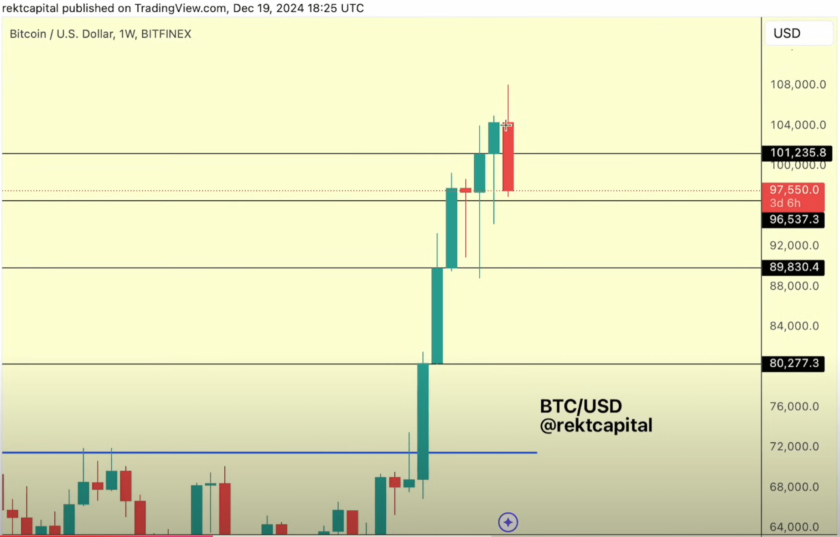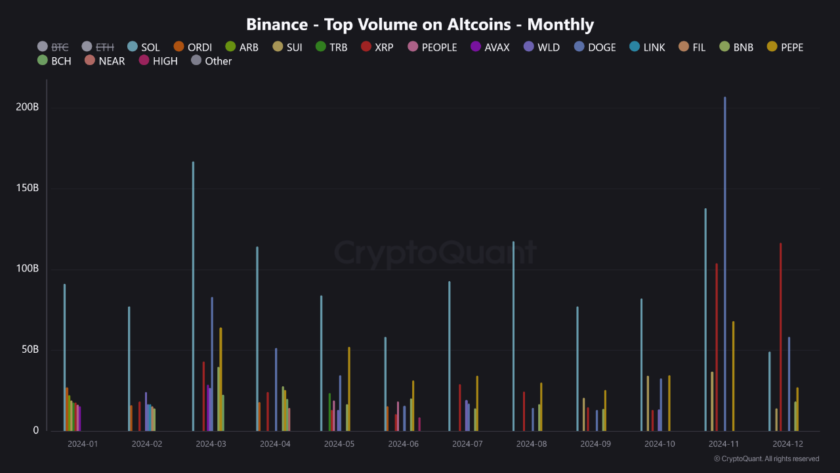While addressing the committee on Digital Agenda of the Deutscher Bundestag, the chairman of the Committee on Payments and Markets Infrastructures (CPMI) and the European Central Bank (ECB) board member, Benoit Coeure, took the time to give an in-depth explanation on the challenges facing our age-long financial market, how digital currencies such as Facebook Libra promise to solve these problems, and why stablecoins should be dreaded.
Kicking off his speech with a little back story on our traditional financial world, the chairman of CPMI who also doubles as a member of the executive board of the (ECB), highlighted the critical role payment gateways play in both local and international trades.
Citing a finding by the World Bank last year, Coeure explained that up to 1.7 billion adults are totally cut off from the global payment systems. 1.1 billion adults in this category are said to possess mobile phones which allow them access to the internet, yet they do not enjoy access to any payment systems.
Stating the devastating effect that lack of access and poor cross-border retail payments have caused over the years, he believes that stablecoins such as the forthcoming Facebook Libra will be a good way to curb this number to the lowest minimum. For starters, big tech firms such as Facebook house millions of people across the globe, and as such wields a greater power for change compared to traditional payment systems.
That said, the CPMI chairman quickly added that these new payment methods attract some level of concerns that cannot be ignored. Some of these concerns include:
- Money laundering
- Terrorism financing
- Tax compliance
- Cyber resilience
- Fair competition
- Consumer data protection
Facebook Libra Is a “Wakeup Call for Central Banks and Policymakers”
Coeure also admitted that “Libra has undoubtedly been a wakeup call for central banks and policymakers.”
In a bid to tackle these concerns, he stated:
“[A] working group has been mandated by G7 finance ministers and central bank governors to examine global ‘stablecoins’ in more detail. The group is expected to provide policy recommendations by the time of the IMF-World Bank Annual Meetings in October this year.”
Concluding his speech, Coeure noted that the aforementioned risks can be controlled – to a large extent – by existing regulatory and supervisory regimes. He also noted that some aspects may require novel approaches, which makes it critical for existing regulatory and supervisory regimes to be examined if they are fit for the purpose.






